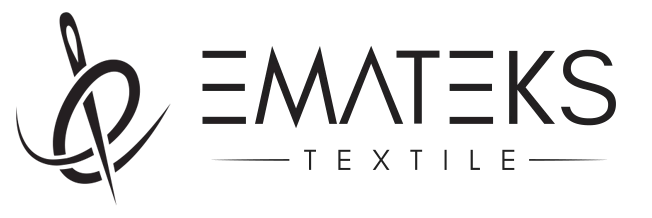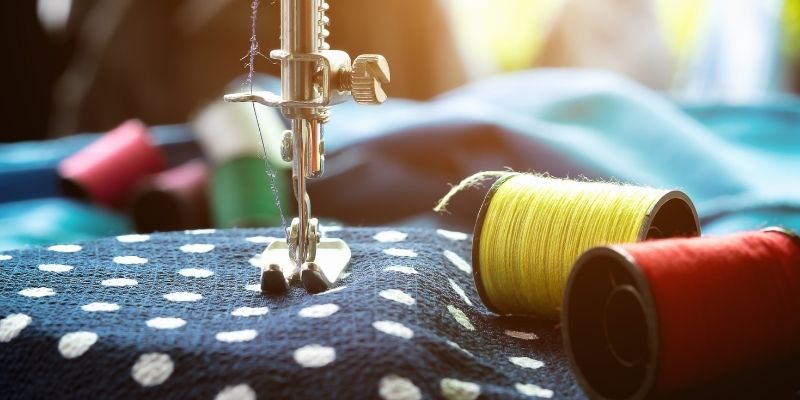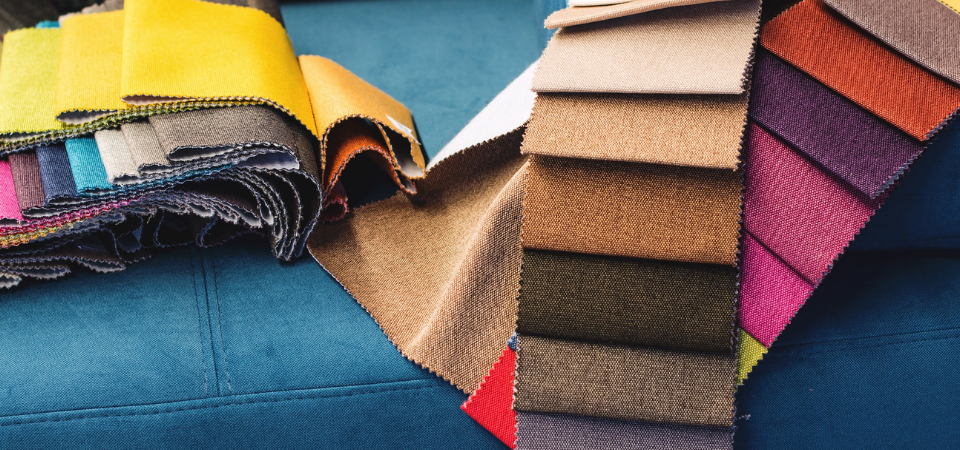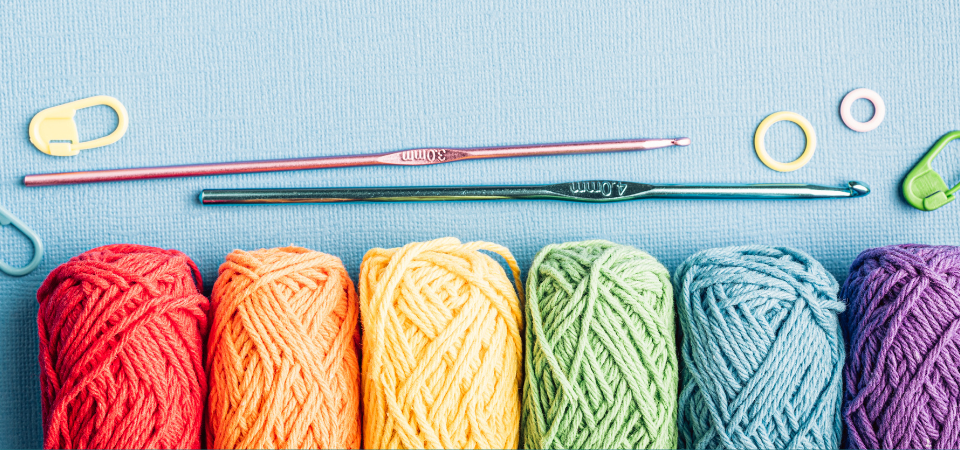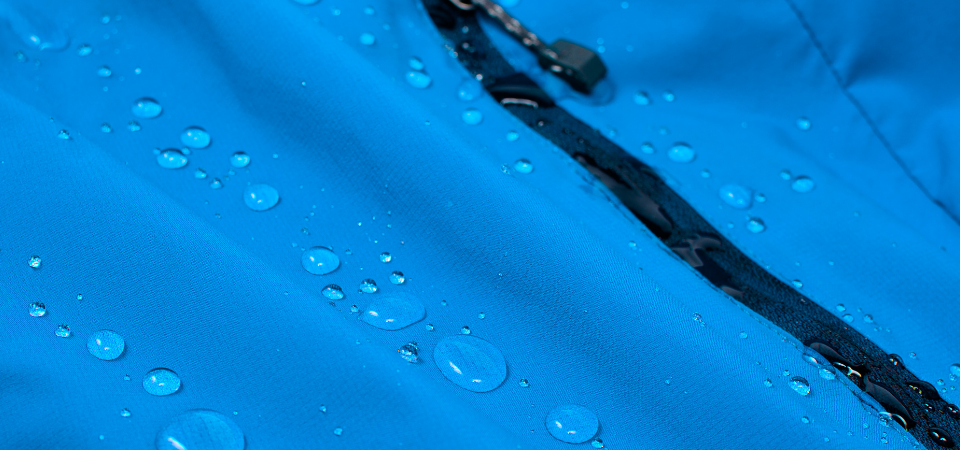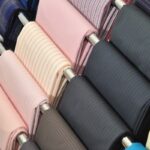
Healthy Fabrics That Are Friendly to Your Skin
November 15, 2023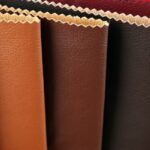
Tips and Tricks for Successful Fabric Selection
November 21, 2023Choosing the right thread to the sewing machine has many tricks. With these tricks, the posture of your fabric and the stitches and embroidery made have a huge impact on better quality. Yarns are made from many different materials, and these can be natural and synthetic with different properties. Some of them can be more environmentally friendly, while others are more functional. Sewing machine threads are divided into many different types such as threads, cotton, polyester, overlocking and metallic. It is very important to choose the right thread for the sewing machine, so it is necessary for the characteristics of the threads. When the fabric and thread are matched in color and quality, the stitches also seem to be of good quality. It is possible to choose by visiting a yarn factory, by seeing and touching the threads or choosing through online stores, but the detailed description of the threads are very important. In this article, information such as thread types, properties, and where to buy can be discussed in detail.
Types of Sewing Machine Threads
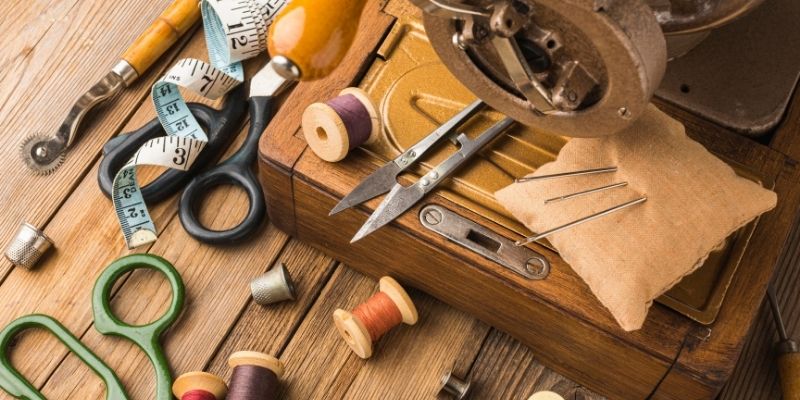
The thread is the material that forms the basis of a fabric and can be produced in many different ways, both naturally and synthetic ways. The fiber used is divided into different types depending on the weight of the number of plies and the rope. Often preferred sewing machine threads are as follows.
1. Cotton Thread
Cotton is one of the most preferred yarns in the textile industry. Cotton fabric, a natural and healthy yarn, adds many features. Its flexibility as a structure is quite low, so it is ideal for delicate fabrics, but not for flexible fabrics. Cotton becomes mercerized by undergoing a series of chemical processes. In this way, it becomes a structure that is brighter in appearance and more suitable for water and paint absorption. In this way, sewing machine threads becomes more resistant to wear and color wear.
2. Polyester/Nylon Thread
Sewing machine threads include polyester/nylon threads. These threads are a very ideal choice for applying all kinds of sewing patterns in the sewing machine. Polyester/nylon threads have some stretch and are highly durable. Although the use of polyester/nylon threads is possible for most textile products, these sewing machine threads are not suitable for painting. For this reason, it can be a problem when matching the fabric and the thread.
3. Jeans Thread
To work with denim fabrics, you need to choose denim yarn in the sewing machine. Denim yarn is usually obtained from a mixture of cotton and polyester. Denim has a blue color that is compatible with the color of the fabric sewing machine is one of the threads that must be obtained between threads because the use of denim fabrics is quite common.
4. Overlocking Cones
Large cones are one of the most functional among sewing machine threads. There is about 2000-5000 meters of yarn on a cone. These sewing machine threads are most preferred in industrial sewing machines. 4 cone threads of the same color are required to use this thread. In addition, the roller in the sewing machine does not fully settle in the holder. Since the spool remains large compared to the holder, it will be enough to place a smaller thread spool inside the cone. In this way, the thread cone is fully settled in the holder.
5. Metallic Thread
Pretty shiny sewing machine threads with gold and silver detail are also referred to as metallic thread. This thread is preferred especially for party clothes and accessories. A special needle is required to use metallic thread. This needle has a larger eye, thereby preventing the thread from wear. It has a very delicate texture, so it is recommended to make the sewing process slow and attentive.
6. Shirring Elastic
Shirring is a remarkable thread with its elastic stretching feature. It is used in the appropriate places of an outfit for elastic stitching. It is necessary not to wrap fast and tight while wrapping this thread. It is recommended to wrap it slowly by hand in terms of no stretching.
7. Clear Thread
Clear thread is a type of sewing machine thread that is 100% nylon. Its use is highly functional due to its transparent structure. It is used in light and delicate fabrics, especially in stitches that require repair.
Choosing the Right Sewing Machine Thread
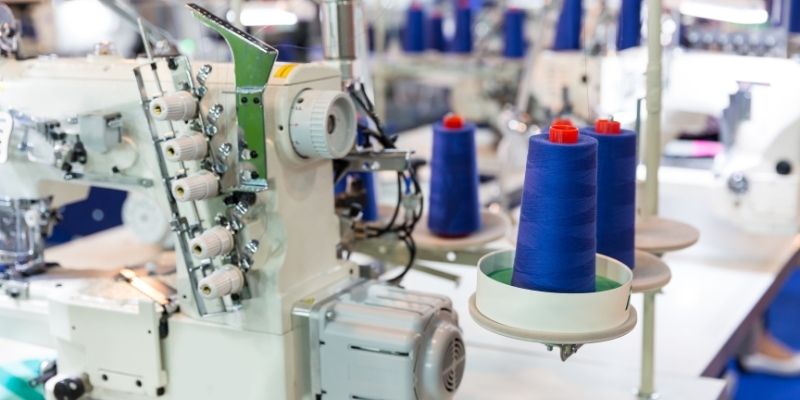
Choosing a sewing machine thread is more difficult than it seems, and it is necessary to pay attention to some tricks to choose the right thread. Many criteria should be considered for the correct thread. One of them is of course the color of the thread. You need to choose a thread color that directly matches the fabric you will use. For this, it is recommended to see how much they match in the open and closed environment. The vitality and tone of color is an important detail. Another is to choose the correct thread thickness. While the seams in thick and heavy threads are quite pronounced, they are not evident in light and fine yarns. Using fine yarn in thick fabrics can also cause the stitch to hold. For this reason, it is recommended to choose a thread considering your fabric. In addition, there may be no thread-friendly needles in the sewing machine. Considering this situation, choosing yarn is also an important detail. Finally, knowing the properties of each of the sewing machine threads is also necessary to choose the right thread.
Sewing Machine Thread Quality
One of the tricks of choosing a sewing machine thread is to choose quality yarn. Otherwise, no matter how parallel the features of the thread are with your fabric, the stitches will always be clear and the fabric will also show more poor quality. In addition, poor quality threads can be easily severed in the sewing machine. For example, colorful sewing machine threads sold in large packages can be seen as advantageous in terms of both price and variety, but often begin to break as soon as they are attached to the sewing machine and cause bird nests. For this reason, it is useful in many ways to make sure that it is of good quality before purchasing a thread.
Thread Tension and Stitch Quality
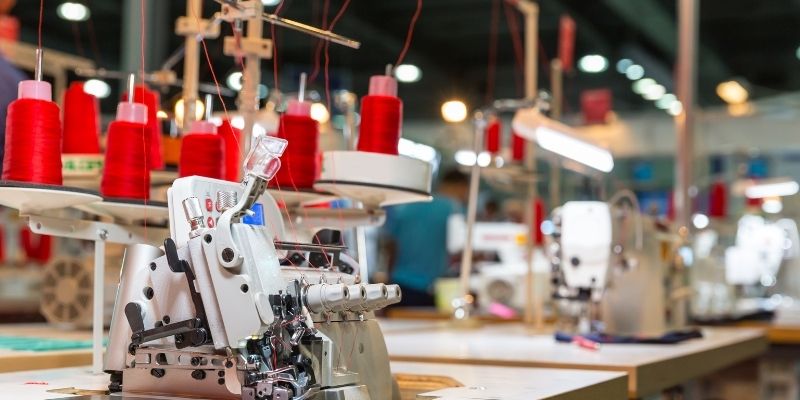
Sewing machines come with adjustment to make an equal stitch. If the fiber and weight on the lower and upper teeth in the sewing machine are the same, there is no need to adjust any tension. For example, if a cotton thread is used on the upper teeth and a polyester thread is placed on the lower teeth, the sewing machine needs tension adjustment because of the weight difference. It is very important to check the weights and adjust the tension if you want a good quality stitch. Because if the threads are of the same weight and tension, the stitches look equal and high quality. Otherwise, stitches look irregular and cause the fabric to look poor quality.
